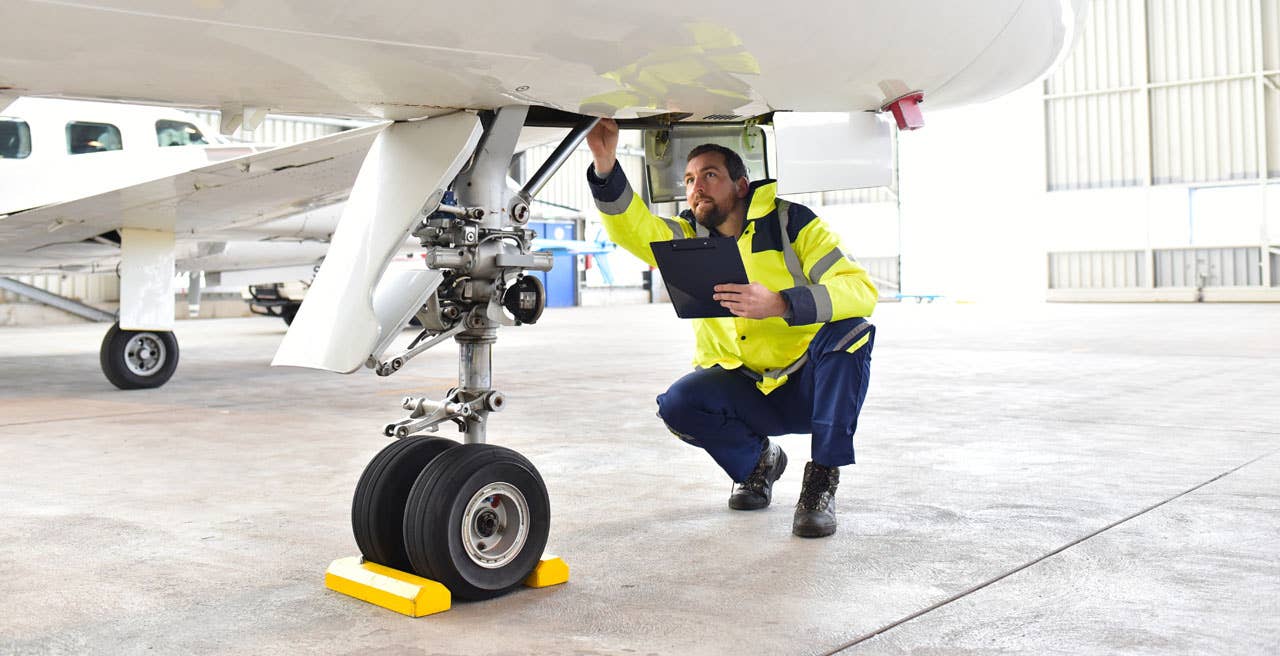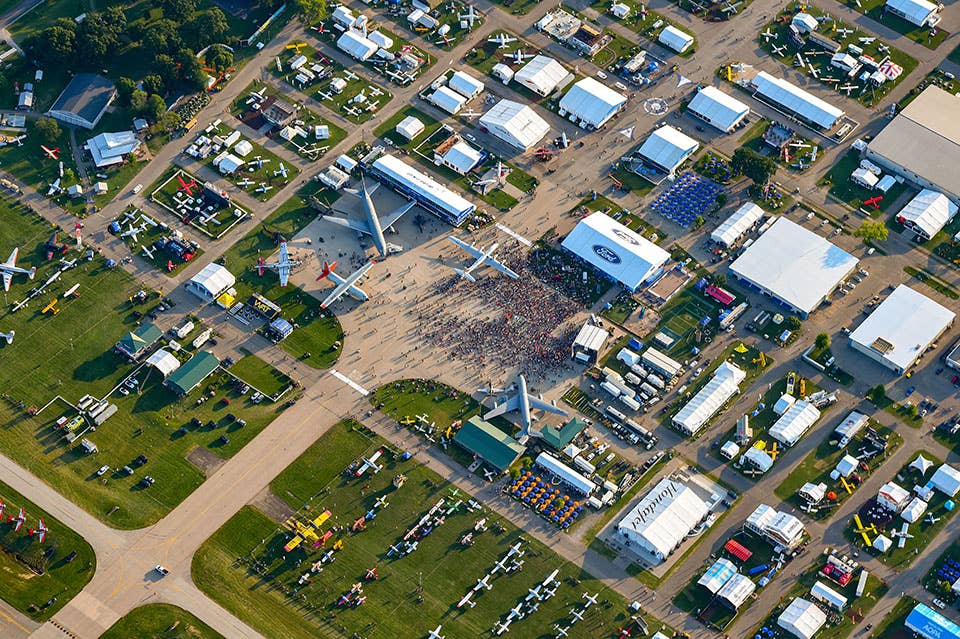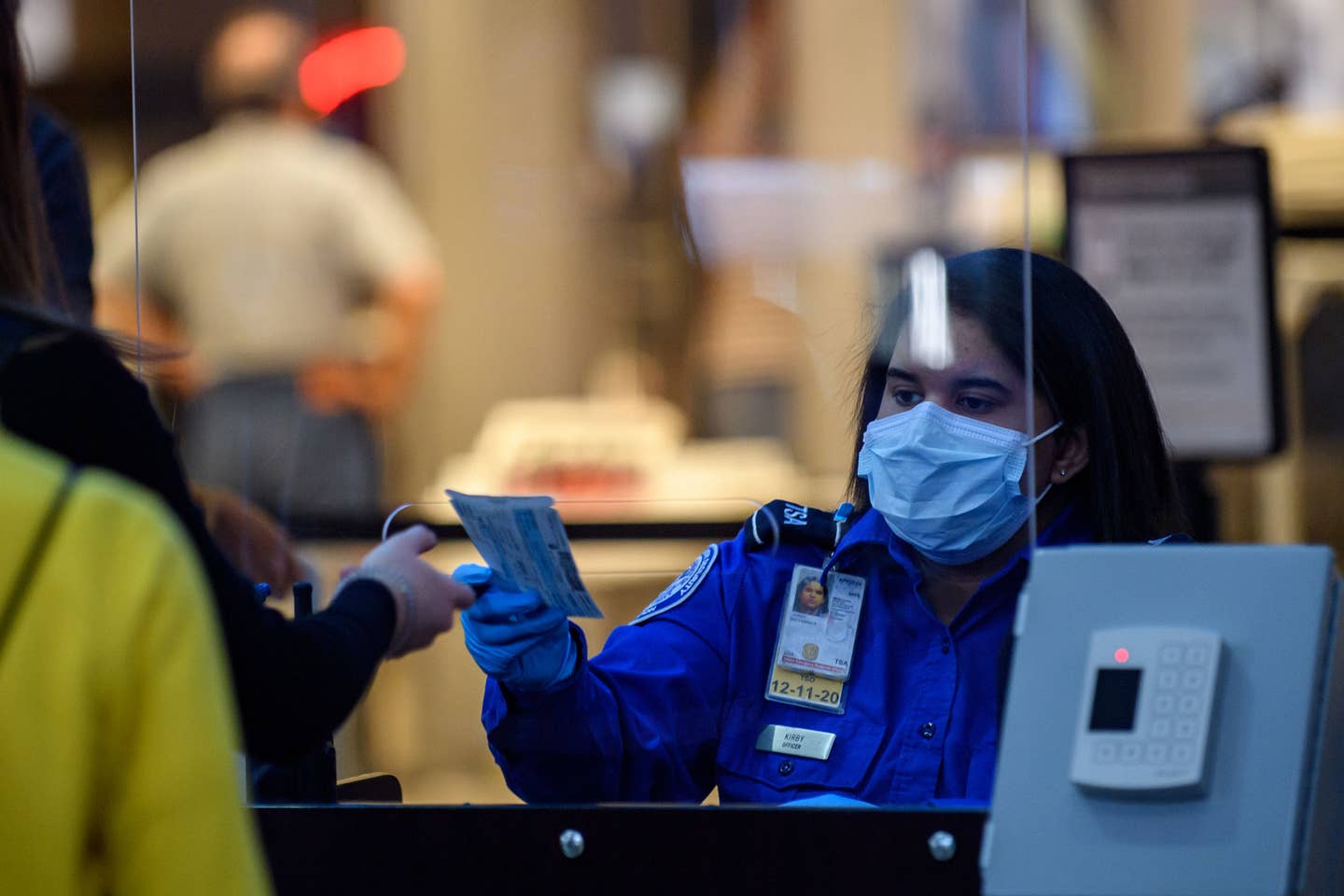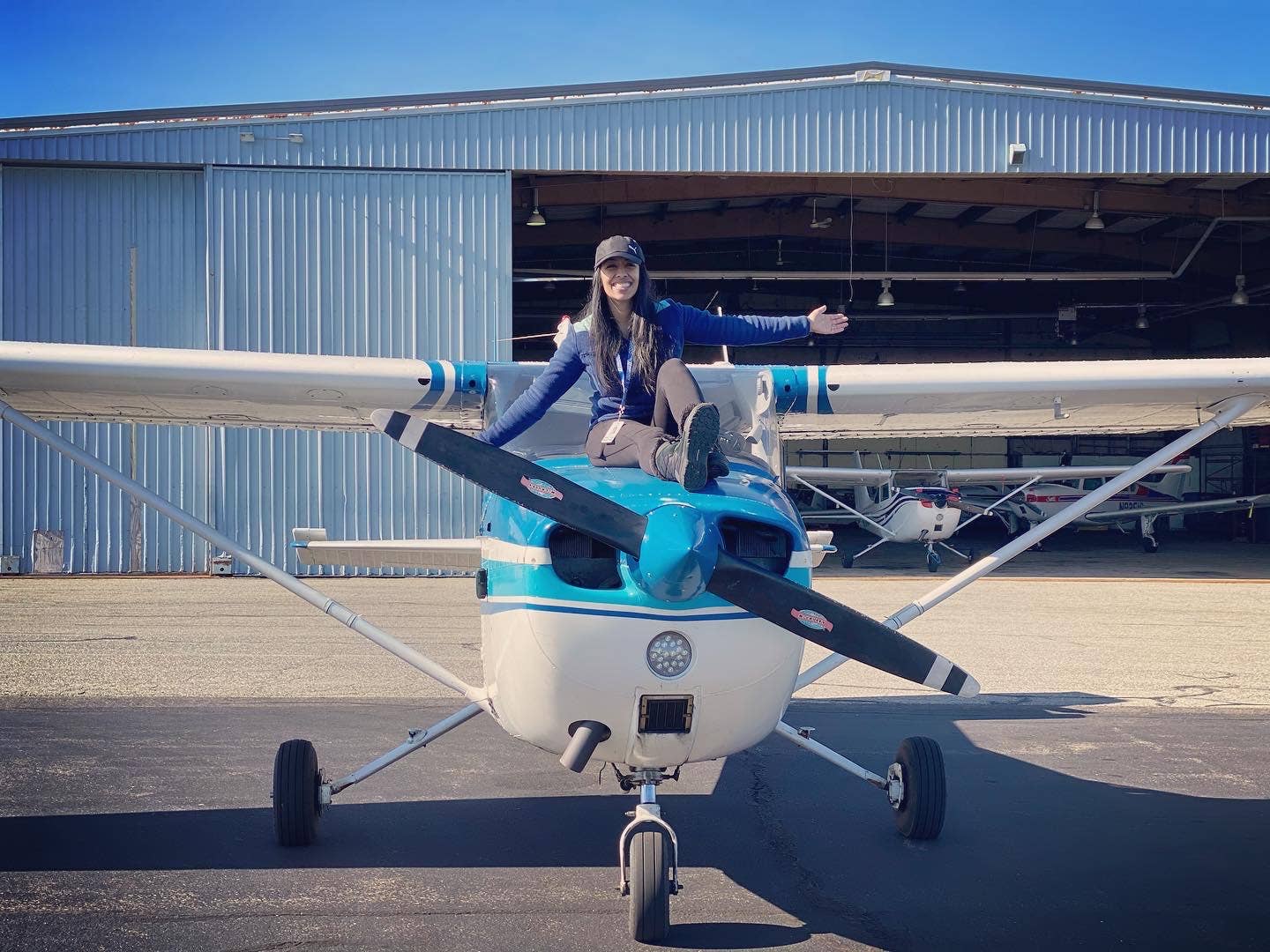787 Test Flights Expected This Week
Boeing has asked the FAA for permission to conduct test flights with a 787, and the FAA is expected to give the OK as early as this week, according to news reports on Tuesday. Boeing has not released any details about the purpose of the tests. The Seattle Times reported that sources said the initial flight tests will gather data on how the airplane’s lithium-ion battery is affected by changes in temperature during the flight cycle as well as the impact of vibrations during landing and takeoff. The Times said Boeing may also be investigating a theory that moisture might have gotten inside the battery, contributing to the recent incidents. Meanwhile, Boeing may be facing demands for compensation from its airline customers if the fleet is grounded much longer.
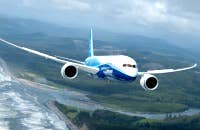
Boeing has asked the FAA for permission to conduct test flights with a 787, and the FAA is expected to give the OK as early as this week, according to news reports on Tuesday. Boeing has not released any details about the purpose of the tests. The Seattle Times reported that sources said the initial flight tests will gather data on how the airplane's lithium-ion battery is affected by changes in temperature during the flight cycle as well as the impact of vibrations during landing and takeoff. The Times said Boeing may also be investigating a theory that moisture might have gotten inside the battery, contributing to the recent incidents. Meanwhile, Boeing may be facing demands for compensation from its airline customers if the fleet is grounded much longer.
Over the weekend, Boeing said that it has formed teams "consisting of hundreds of engineering and technical experts" who are working around the clock to figure out what went wrong with the two 787s that experienced battery problems. They are also working to figure out what's necessary to get the fleet back to flight status. Sources told the Seattle Times that one fix Boeing is looking at closely is a way to strengthen the battery's ability to contain any internal overheating and to improve the venting system for hot liquid or gasses to exit the battery box. Even if progress is made, it will likely be weeks or months before the fleet is back in the air, according to the Times.


